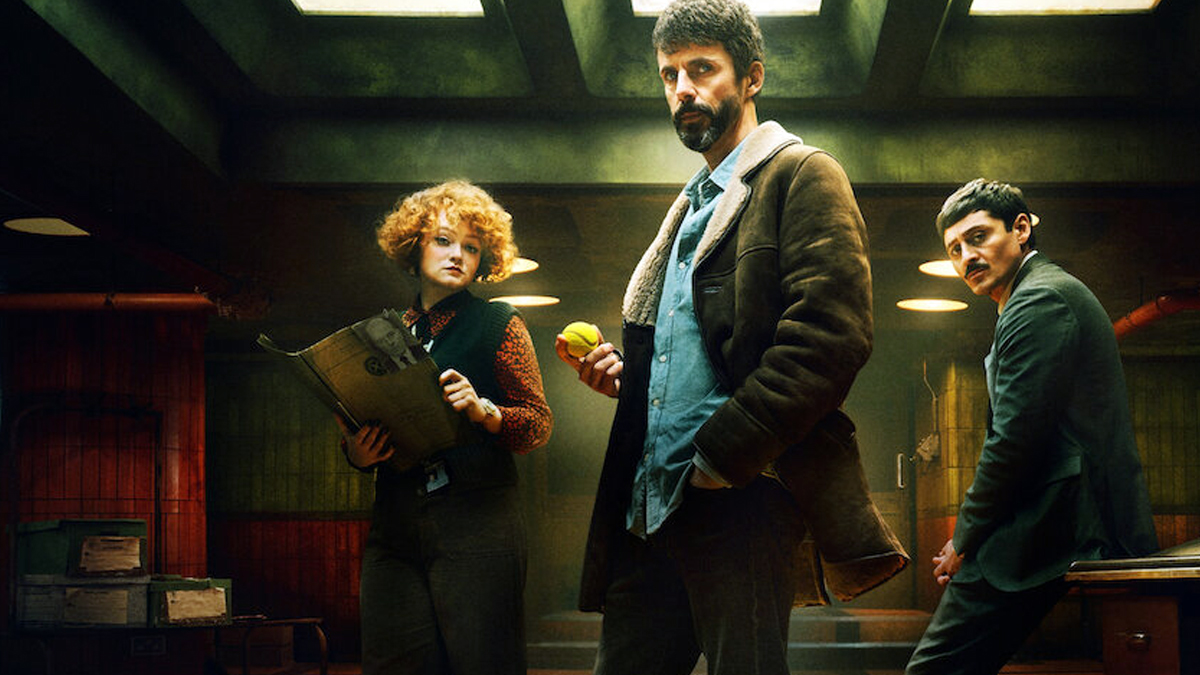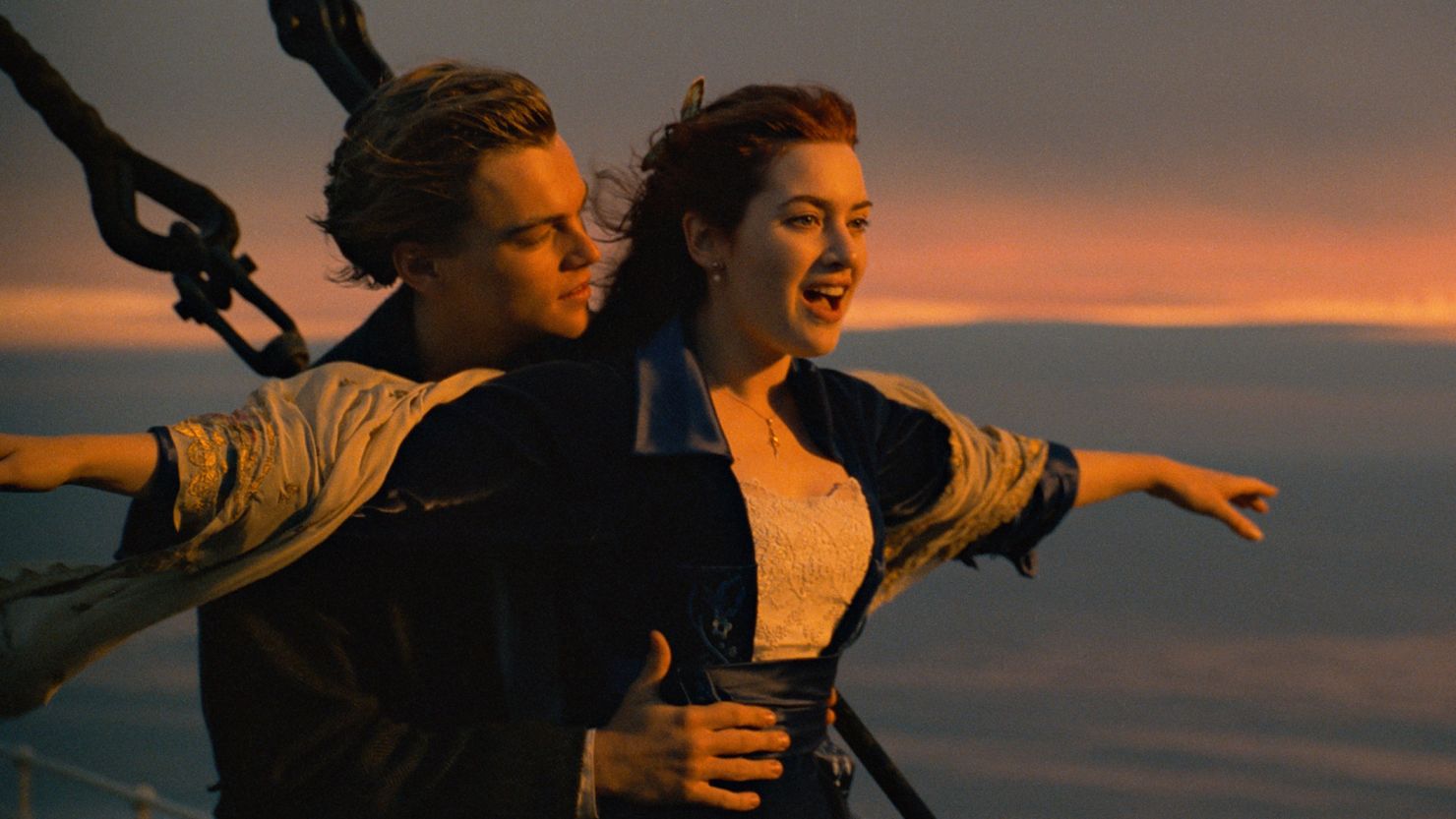The Twilight Samurai is a 2002 Japanese period drama directed by Yoji Yamada, adapted from the short stories of Shuhei Fujisawa. Set during the late Edo period in mid-19th century Japan, the film is a poignant and understated exploration of honor, duty, and personal sacrifice against the backdrop of a fading samurai era. Rather than focusing on large-scale battles or political intrigue, the story offers an intimate portrait of a low-ranking samurai whose greatest struggles are found not on the battlefield, but in the quiet hardships of daily life.
The story follows Seibei Iguchi, played by Hiroyuki Sanada, a widowed samurai of modest means who serves as a petty clan bureaucrat. After his wife’s death from illness, Seibei’s life revolves around caring for his two young daughters and his senile mother, leaving him little time for socializing or ambition. His nickname, “Twilight Seibei,” comes from his habit of leaving work early to tend to his family rather than drinking or mingling with fellow samurai. Though skilled with a sword, Seibei avoids violence, preferring a simple and honorable life over the dangerous ambitions of others in his class.
Seibei’s life changes when his childhood friend, Tomoe (Rie Miyazawa), re-enters his world. Recently divorced from an abusive husband, Tomoe’s return rekindles feelings Seibei has long kept buried. However, his humble status, financial hardship, and deep sense of personal inadequacy make him hesitant to pursue romance. The film delicately portrays their growing bond through small gestures, shared memories, and moments of quiet understanding.

Conflict emerges when Seibei is ordered by his superiors to challenge and subdue a master swordsman who refuses to comply with the clan’s demands. Though reluctant, Seibei cannot refuse a direct order without dishonoring himself and risking punishment. In a tense and meticulously choreographed duel, Seibei demonstrates both skill and restraint, embodying the film’s central theme that true strength lies in discipline, compassion, and moral clarity rather than brute force.
What distinguishes The Twilight Samurai from many other samurai films is its focus on domestic life and emotional realism. Rather than glorifying violence, it questions the cost of loyalty and the meaning of personal honor in an era where the samurai code was beginning to lose relevance. Yoji Yamada’s direction is tender and unhurried, allowing viewers to become deeply invested in Seibei’s modest world. The cinematography captures the muted beauty of rural Japan, with soft lighting and natural colors that mirror the protagonist’s quiet dignity.
Hiroyuki Sanada delivers a nuanced performance, portraying Seibei as both vulnerable and resilient. Rie Miyazawa’s portrayal of Tomoe is equally compelling, offering warmth and strength without falling into cliché. Together, their understated chemistry gives the film an emotional depth that lingers long after the credits roll.
Ultimately, The Twilight Samurai is a meditation on love, honor, and the human cost of tradition. It is less about the twilight of a single samurai and more about the twilight of an entire way of life—one fading into history as Japan moved toward modernization. The film’s quiet power and emotional resonance have earned it critical acclaim worldwide, including an Academy Award nomination for Best Foreign Language Film, cementing its place as one of the most moving and thoughtful entries in the samurai genre.



